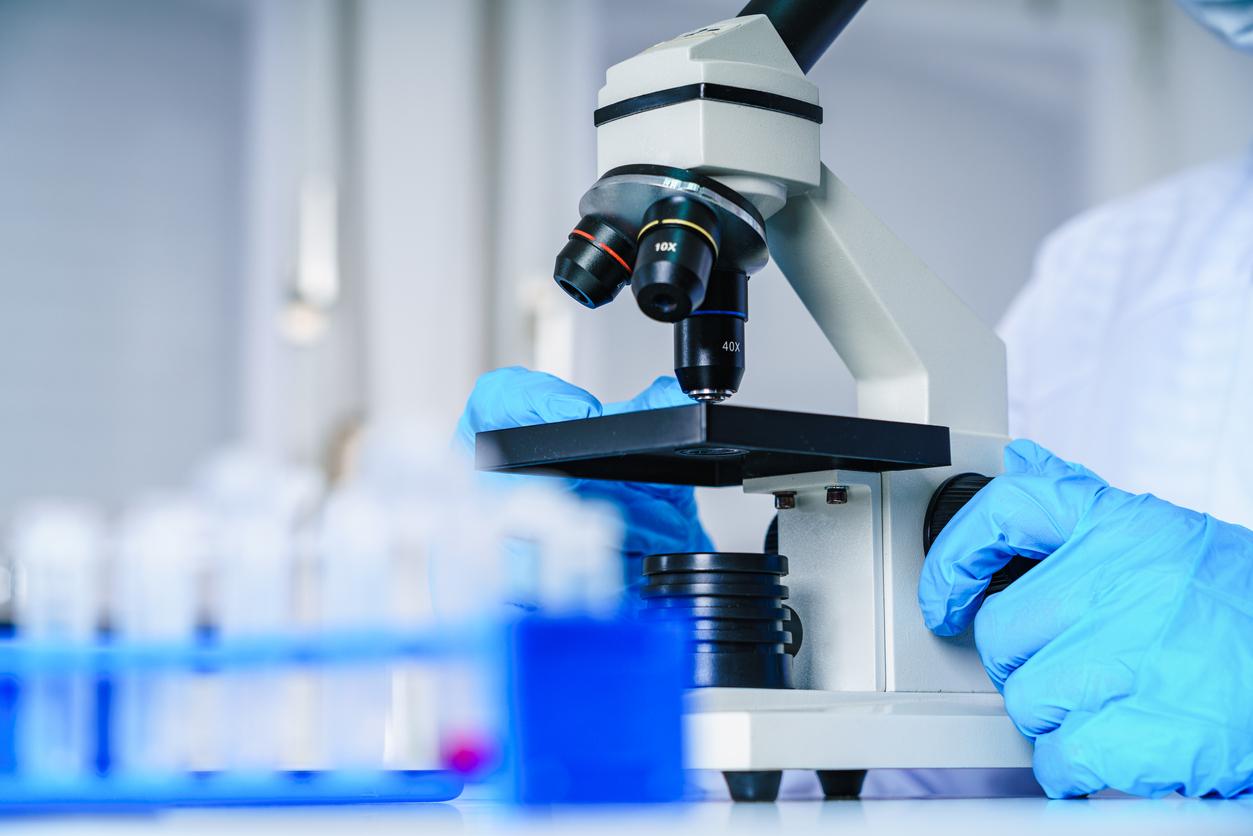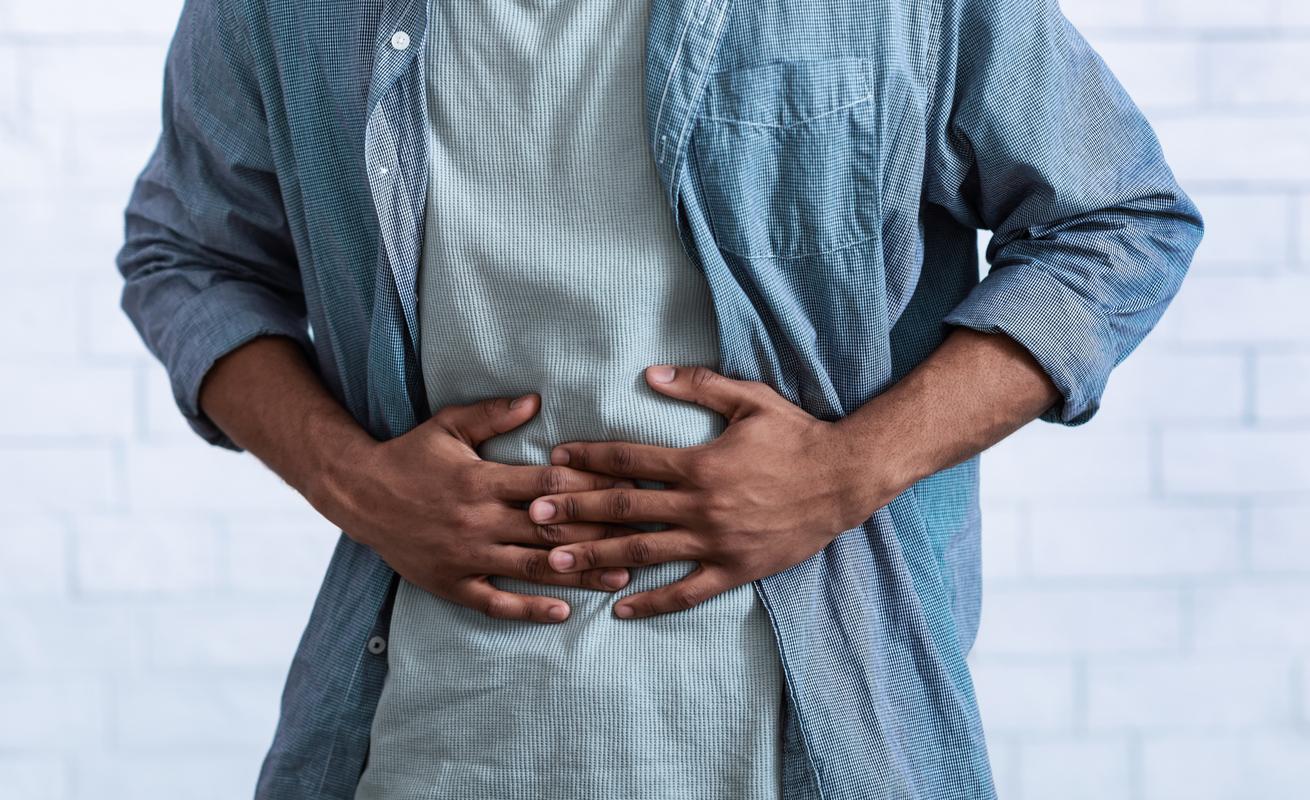Helicobacter pylori is a bacterium that can nest in the gastric mucosa and give rise to bacterial infections responsible forinflammation of the stomach. Zoom in on this little-known bacterium with Prof. Jean-Dominique De Korwin, hepatogastroenterologist at the Nancy CHRU.
What problems can this Helicobacter pylori infection cause?
It will cause inflammation of the stomach, called gastritis, which usually goes unnoticed. But this chronic gastritis can also lead to digestive disorders (discomfort, pain). In the majority of those affected, this infection is of no consequence. But in about 10% of them, it will progress to an ulcer of the stomach or duodenum. More rarely, in 1% of cases, gastritis will promote the development of precancerous lesions then lead, after several decades, to stomach cancer.
So it is mainly the stomach that is affected?
Helicobacter pylori is also present in a rare disease called Immunologic Thrombocytopenic Purpura, a benign disease of the blood which results in an abnormal drop in the level of platelets, which can cause bleeding. Research also suggests a role in atherosclerosis, Parkinson’s disease, as well as in dementia or malnutrition in the elderly.
How is this bacteria transmitted?
It is an oral-oral contamination. It is generally a transmission between parents and children or between siblings. It occurs during childhood because the stomach is immature, which promotes implantation of the bacteria, and because children tend to put their hands to their mouths. There is also a risk of transmission during breastfeeding.
Is Helicobacter pylori infection common?
Large siblings and poor hygienic conditions are the main risk factors. This is why the infection is less and less frequent in France. It is estimated that 15 to 30% of us are affected. In contrast, in Africa and Asia, the rate of infected people can reach 90%.
How do you know if you are infected with Helicobacter pylori?
Most of the time, we don’t know because we don’t feel anything. But people who have clinical signs like stomach pain can be infected with Helicobacter pylori. And those where one of the first degree family members (parent, brother, sister, child) has declared a stomach cancer.
In which cases are we looking for this bacterium?
In addition to the two situations mentioned above, its presence is sought in people who suffer from iron or vitamin B 12 deficiencies, taking care to identify other causes of deficiency sometimes associated. But also in those having a peptic ulcer or having had an ulcer and who will take a treatment based onnonsteroidal anti-inflammatory drugs. Or in those who are going to have an operation to reduce part of the stomach (obesity surgery).
What are the tests that allow us to look for this bacterium?
In most cases, the diagnosis is based on a fibroscopy (or gastroscopy), which consists of inserting a thin and flexible tube fitted with a camera, from the nose or mouth to the inside of the stomach. It allows you to inspect the wall of the stomach, take samples for analysis, and detect any ulcerative or precancerous lesions that it may have caused. In people who do not have digestive symptoms or a risk factor for developing cancer, the doctor may suggest an examination by simple blood test. This will detect the antibodies produced by the body to fight against the bacteria. If the result is negative, the person is not infected. If the result is positive, a fibroscopy with samples will be proposed.
Can Helicobacter pylori infection be cured?
Yes. Treatment is based on taking several antibiotics and a proton pump inhibitor, a drug that reducesstomach acidity. It lasts 10 or 14 days, depending on the antibiotics associated or not with taking bismuth, which has antibacterial activity.
Is the treatment against Helicobacter pylori effective?
It eliminates the infection in 80 to 90% of cases. It can fail either because the bacteria are resistant to the antibiotics used or because of difficulties in following the treatment. Side effects, frequent, but often not very serious, can indeed occur when taking medication: nausea, diarrhea, vomiting, loss of appetite, taste alteration (metallic taste) …
What to do if the treatment did not eliminate Helicobacter pylori?
If the first treatment did not eliminate the bacteria, the doctor will suggest a new one, which will consist of different antibiotics. Because of this risk of treatment failure, it is essential to check whether the infection has been eliminated (see box on the previous page). Once the bacteria are eliminated, there is little risk of being re-infected in adulthood.
Does eliminating this bacteria eliminate the risk of ulcers or cancer?
The elimination of the bacteria removes the inflammation of the stomach as well as the digestive disorders that it can cause. It prevents the development or recurrence of ulcers in the stomach and duodenum. It also reduces the risk of developing stomach cancer, provided you do not have precancerous lesions. For people who already have this type of lesion, monitoring is required.
How do you know if the treatment for Helicobacter pylori is working?
Antibiotics gradually destroy bacteria. Even if the symptoms improve, it is essential to continue the treatment until it is completed to eliminate all bacteria. If these are not completely eliminated, it will probably be necessary to take another treatment, of a different composition, because H. pylori is able to become resistant to the antibiotics to which it is exposed. It is therefore necessary to carry out a control which is based on a simple, painless and harmless test, called a labeled urea breath test. It is prescribed by the doctor, available in pharmacies, and performed in a medical biology laboratory. This check can be carried out from 1 month after the end of treatment.
For more information On its website, the Haute Autorité de santé offers guides on the research and treatment of the bacteria: has-sante.fr
Thanks to our expert Prof. Jean-Dominique De Korwin, hepatogastroenterologist at the Nancy CHRU.
Read also
My anti-heartburn foods
Ulcers: behaviors to avoid
Obesity increases the risk of digestive cancer between 2 and 5 times


















